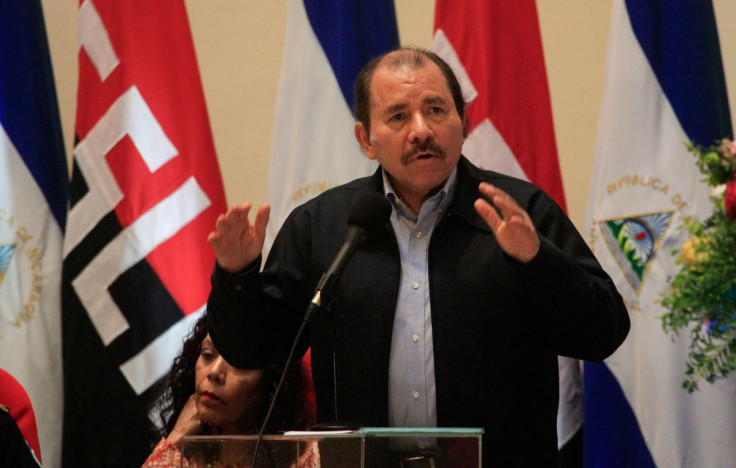
Nicaragua's authoritarian president, Daniel Ortega, has offered his Venezuelan counterpart Nicolás Maduro to send "fighters" to the country as tensions remain high in the latter amid the fallout following its botched presidential elections.
Speaking at a virtual summit, Ortega reiterated his support of Maduro and made the offer in case of an "armed counterrevolution." He said that if "battle were to come, they (the Maduro government) will have Sandinista fighters accompanying them," in reference to the movement he claims to lead.
Ortega also criticized other Latin American leaders, especially regional power brokers Brazil and Colombia, for not recognizing Maduro as the winner even as the government declared victory without showing supporting documentation.
He said it was "shameful" that Brazil's Lula da Silva has not recognized Maduro and accused him of "dragging" himself before the United States, making similar comments about Colombia's Gustavo Petro.
Few countries have recognized Maduro as the victor in the July 28 elections, long-standing allies Cuba and Russia among them. Foes and former allies continue to reject doing so, claiming the government has not presented compelling evidence.
The Venezuelan government has cracked down on dissent over the past month, arresting over 1,600 people since. At least 120 of them are minors, some as young as 13-years-old. At least two dozen people have been killed over the past month, including one 15-year-old.
The detentions often occur without warrants, with reports indicating that some detainees have been subjected to severe abuse. A recent account from a mother, who spoke on the condition of anonymity to The Washington Post, details how 17 military counterintelligence officers forcibly entered her home at 1 a.m., pointed rifles at her and her children, and violently interrogated her 15-year-old son. The boy reported being beaten, kicked, and held in poor conditions for 20 days before being allowed to see his family.
The Venezuelan government has charged minors with terrorism, with many held in juvenile facilities under harsh, military-style conditions. Family members have described physical abuse and poor treatment, including forced ideological chants and restricted access to legal representation.
Amnesty organizations and human rights advocates have criticized the Venezuelan government for this unprecedented clampdown. They note that the detentions and the associated abuse have created a climate of fear and silence, with many detainees and their families unable to speak out due to threats from authorities.
© 2025 Latin Times. All rights reserved. Do not reproduce without permission.





